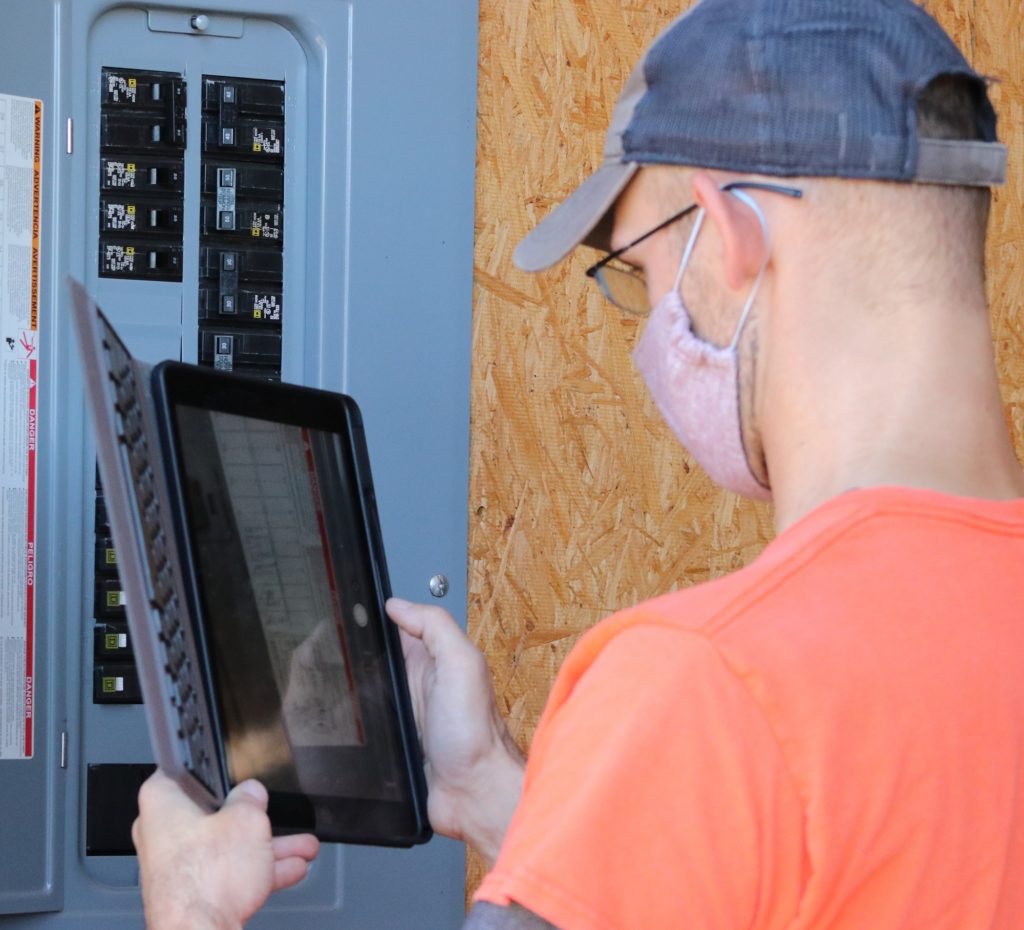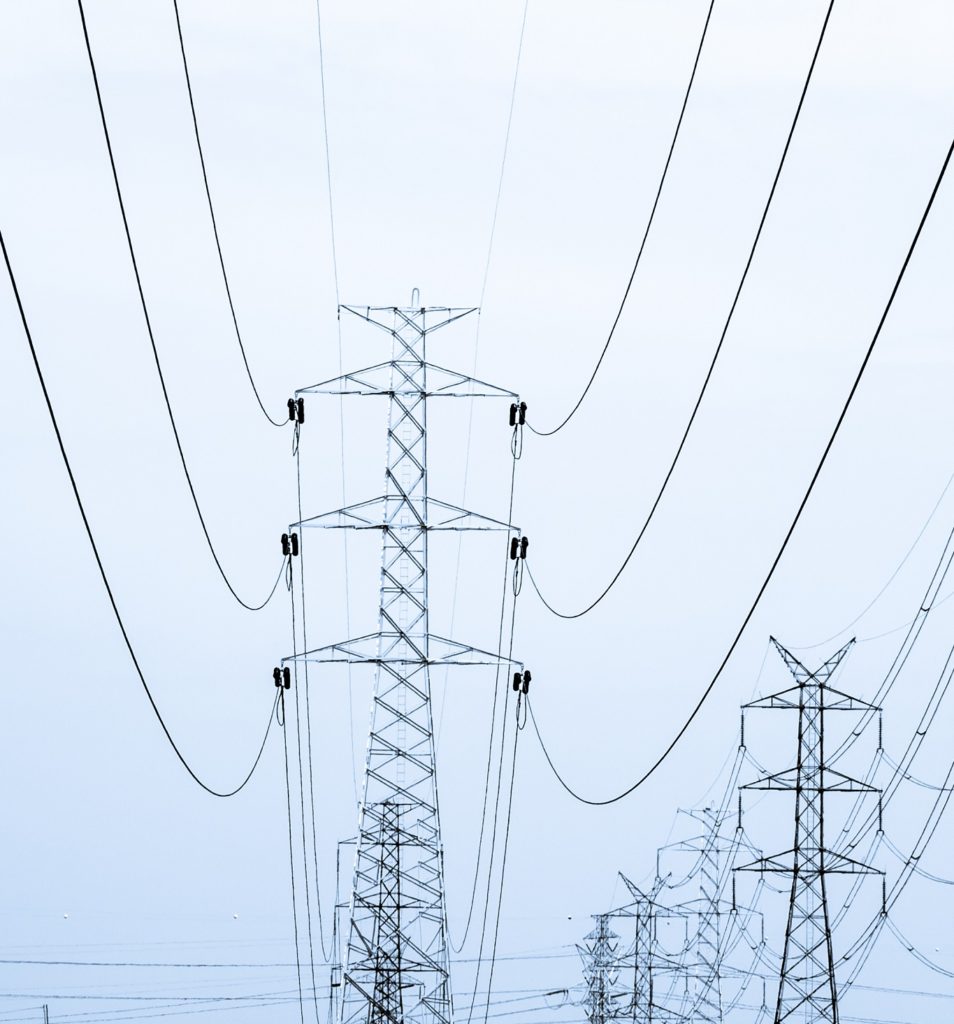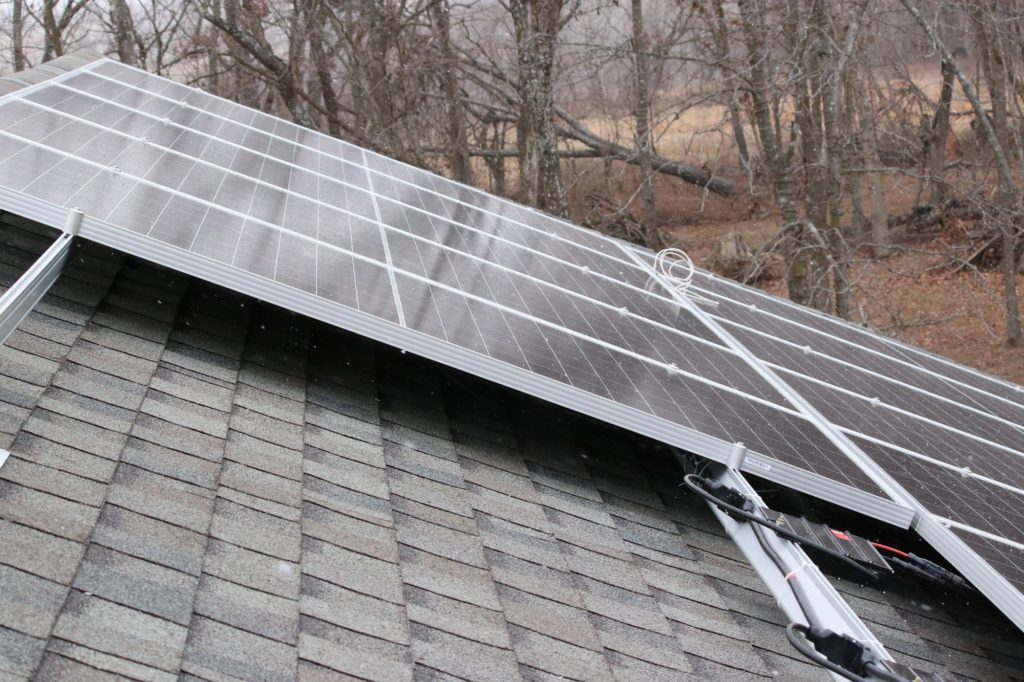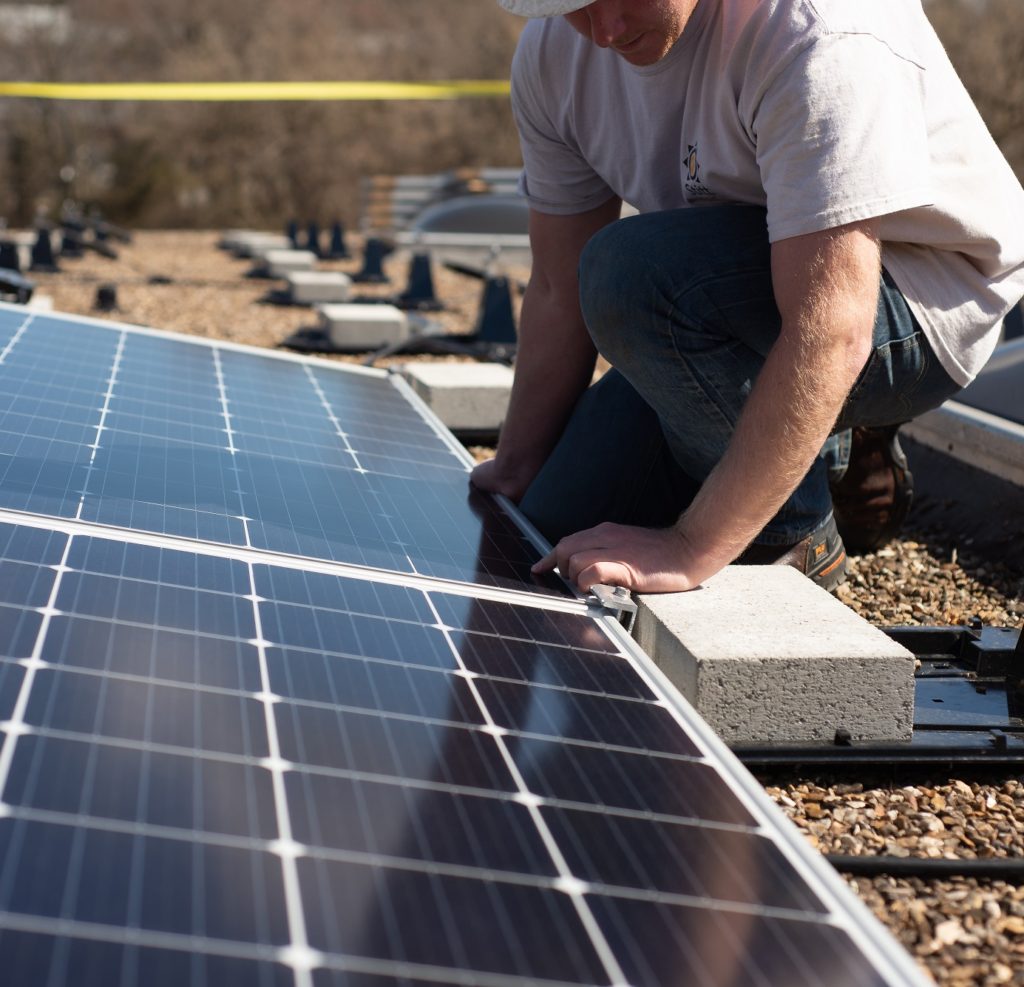Potential Expenses to Consider when Going Solar


System monitoring
Utility Company Charges
When you switch to solar, your utility company charges a fee for that change. Your solar company should be transparent as to whether or not they cover this switch-over fee. In Northwest Arkansas, this tends to be about $40 but can vary depending on location and company. When you decide to go solar, be sure to inquire whether or not the solar company will cover that in their bid.
Further, if you receive promises of a $0 electric bill, Stitt Solar would like to encourage you to pause. The only way to receive a $0 electricity bill is to have a battery to cover nighttime electricity usage and other similar situations. Otherwise, the utility company serves as a backup if your panels don’t produce adequate energy to power your entire home. There is generally a small fee with your electricity bill ranging from $10 to $20, which often includes service fees and connection fees associated with that utility company. It’s worth asking a solar company touting a $0 electric bill whether those potential fees and features are part of their consideration.


Insurance
As with any investment, you want to protect it from the unknown. Insuring your system and the cost associated with that is something you should consider upfront and get a quote for before signing a contract. Plus, solar impacts homes and existing insurance policies differently. You may be required to change your coverage to include your solar features. This cost variance could be as low as $2 but is still worth considering.
Maintenance
Though top-quality panels are built to last for decades, even the best quality technology may still need to be repaired, cleaned, and maintained. Because these costs can stack up, it’s vital to be aware of the warranties supplied by your solar provider. Conventional panels are generally warrantied for 25-years of power, 10-years of product and parts, and just a few years of labor. Stitt Solar uses only SunPower panels because they have a warranty covering 25-years of power, 25-years of product and parts, and 25-years of labor should you need repairs.
Roofs naturally age. Depending on the material type, the average roof has a lifespan of 25-30 years. Solar panels have a guaranteed lifetime of at least 25 years. At Stitt Solar, several of our clients from 40-years ago are still powering their homes with their original panels. If you choose a solar company that won’t be around in the future, you’ll need to consider the cost to have your panels removed by another professional team to make the expected repairs to your roof in the future.
For more information on going solar or for a quote from our team, contact us today!





